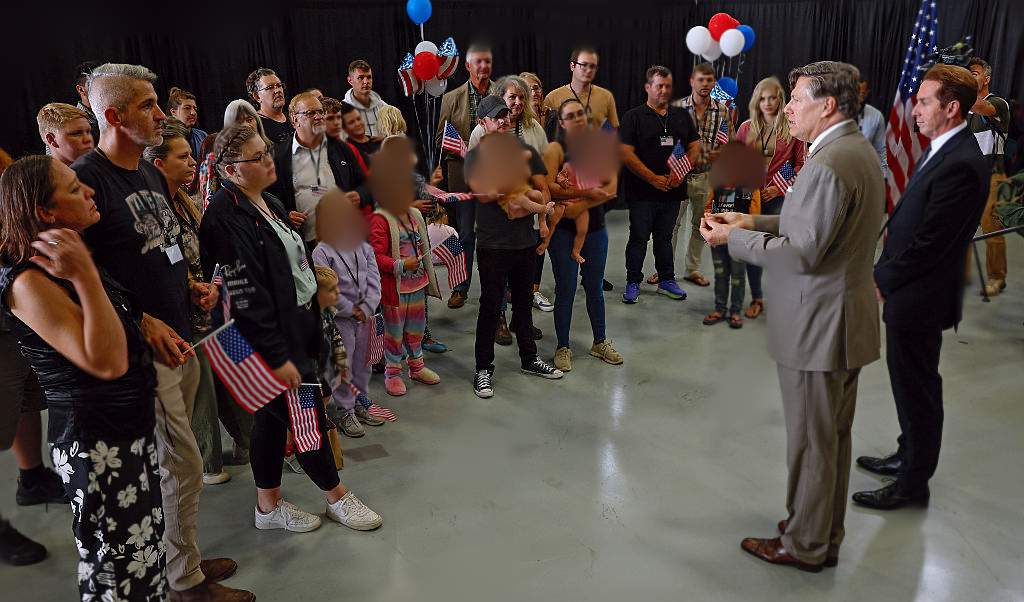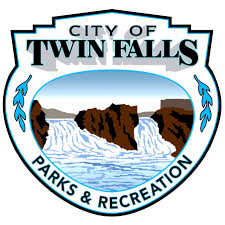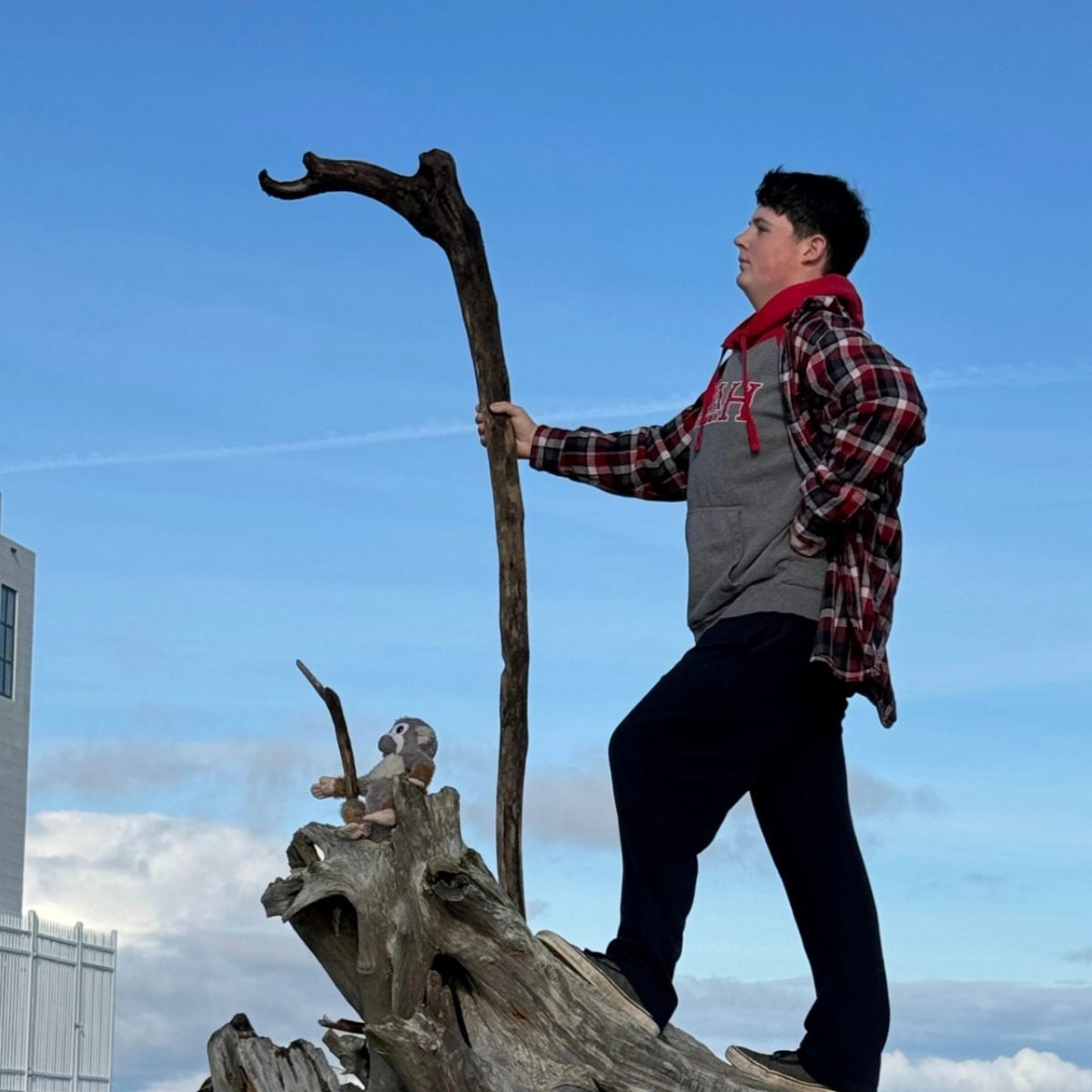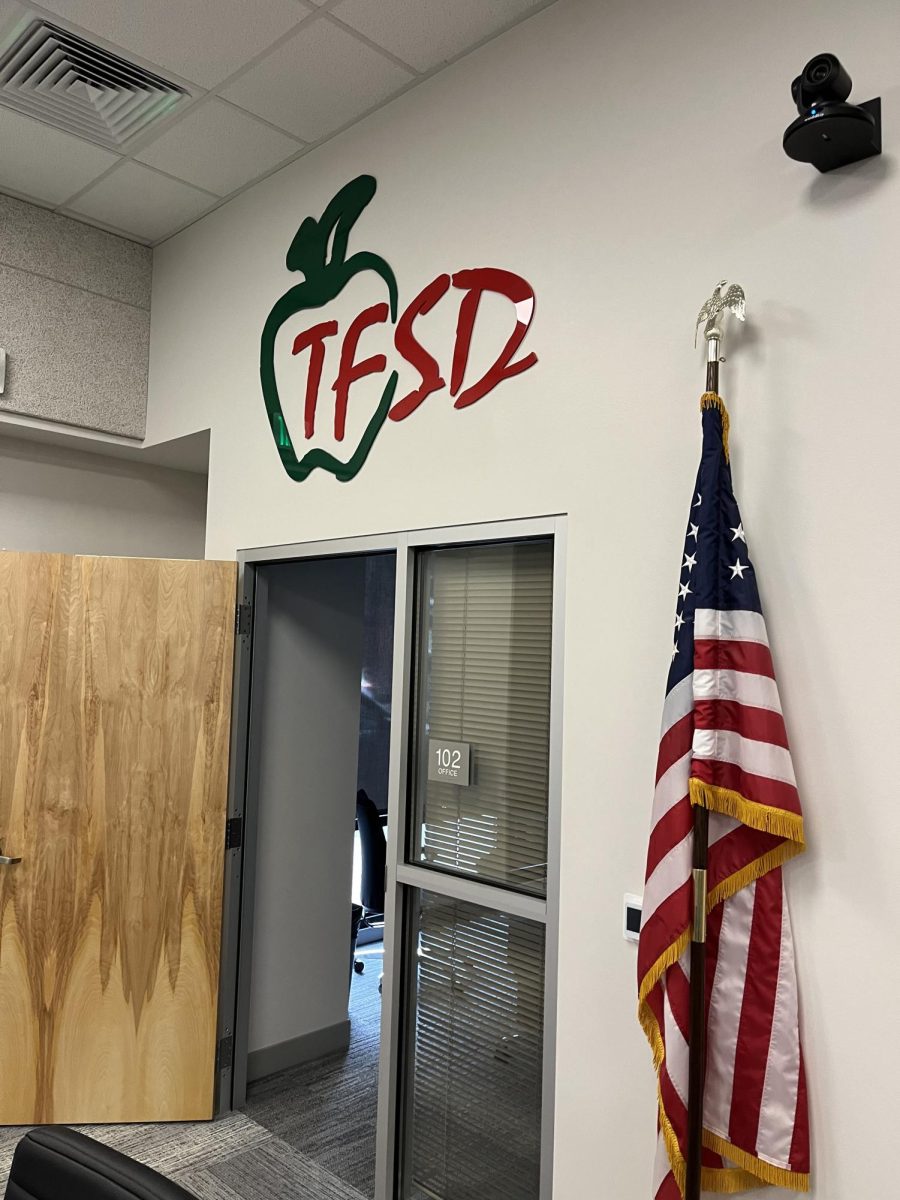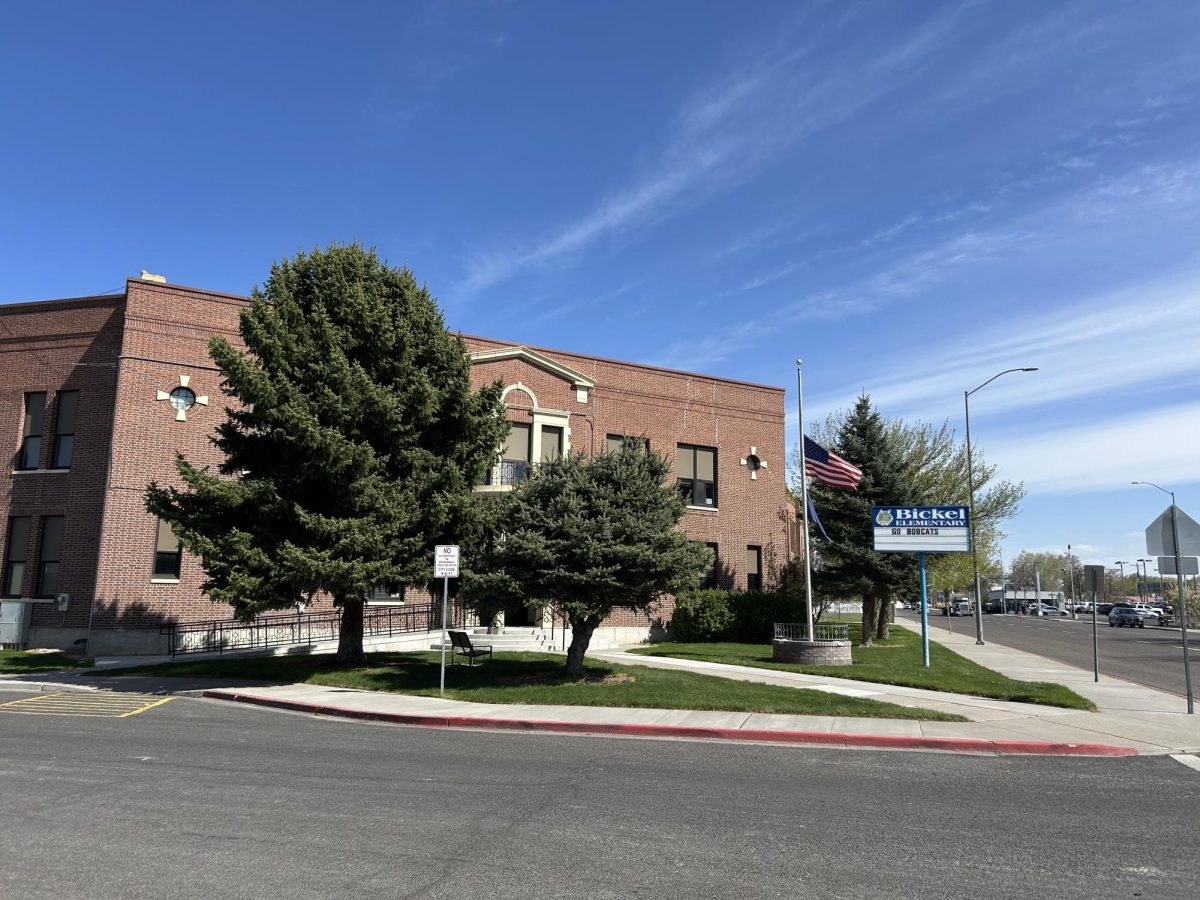On May 12th, 2025, 59 South African refugees were welcomed into the United States, receiving an exception to President Donald Trump’s executive order “Realigning the United States Refugee Admissions Program,” signed in January regarding the suspension of the U.S. Refugee Admission Program. 9 of the 59 refugees will be coming here to Twin Falls.
A refugee is someone who has been forced to flee their home country due to a well-founded fear of persecution, war, or violence, and has crossed an international border to seek safety in another country.
The 59 South Africans are all Afrikaners, white South Africans who descended mainly from Dutch colonists. President Trump signed executive order “Addressing Egregious Actions of The Republic of South Africa,” on February 7th, 2025, giving South Africans priority in seeking refugee status. President Trump signed this executive order in response to the South African Expropriation Act 13 of 2024, which enables the South African government to seize agricultural property from citizens without compensation. Most private land in South Africa is owned by Afrikaners. The act was passed on January 20th, 2025. As of then, no farms have yet to be seized by the government.
Although only 7% of the South African population is white, 70% of the commercial farmland is owned by white farmers. The South African government has tried to address this inequality with various land reform programs, including the recent Expropriation Act.
According to a statement made by the White House Deputy Chief of Staff Stephen Miller, “what’s happening in South Africa fits the textbook definition of why the refugee program was created. This is persecution based on a protected characteristic, in this case, race.”
Until 1994, Afrikaners had dominated the South African government as well as the agricultural system. 1994 was the first year the South African government held a democratic and multi-racial election, and it resulted in Nelson Mandela’s presidency. Since then, Afrikaners have not had total control of the governmental system.
President Donald Trump has said the refugee applications for the country’s Afrikaner minority had been expedited as they were victims of “racial discrimination”. President Trump has also made claims that there is “a genocide taking place” and that white farmers are being killed. He plans to address the issue with South African leadership in the week of May 19th, 2025. According to the South African government, the group was not facing any persecution that would merit refugee status. The South African government stated, “The South African Police Services statistics on farm-related crimes do not support allegations of violent crime targeted at farmers generally or any particular race. There are sufficient structures available within South Africa to address concerns of discrimination. Moreover, even if there are allegations of discrimination, it is our view that these do not meet the threshold of persecution required under domestic and international refugee law.”
According to a quote given to the New York Times by Jaco van der Merwe, “No white person in their right mind would stay in this country. I believe South Africa is finished.” Van der Merwe is a 52-year-old male from Johannesburg who has sought refugee status in the United States.
Following the executive order, nine of the 59 Afrikaner refugees will resettle in Twin Falls with the help of the U.S. Committee for Refugees and Immigrants (USCRI) resettlement agency.
The Idaho Office for Refugees is also accepting the refugees, but still expresses concern about the suspension of the overall refugee program following the president’s executive order.
According to a quote given to KTVB by Eskinder Negash, USCRI President and CEO, “USCRI has provided services to refugees and immigrants for over 100 years, and we’ll continue to do our part regardless of country of origin. We are hopeful that the arrival of this group of refugees indicates the government’s intention to restart the U.S. refugee program and help other refugees in need of resettlement services.” The resettlement of Afrikaners is also being assisted by the Preferred Communities program.
The Episcopal Church in Twin Falls has had a long-time partnership with refugee programs, but the Episcopal Church’s migration service is refusing a directive from the federal government to help resettle the white South Africans granted refugee status, citing the church’s long-standing “commitment to racial justice and reconciliation.” The Episcopal Migration Ministries is halting its decades-long partnership with the U.S. government.
“In light of our church’s steadfast commitment to racial justice and reconciliation and our historic ties with the Anglican Church of Southern Africa, we are not able to take this step. Accordingly, we have determined that, by the end of the federal fiscal year, we will conclude our refugee resettlement grant agreements with the U.S. federal government,” said Presiding Bishop Sean Rowe.
Boise pastor of the Church of the Nazarene Ben Cremer described the situation as “both a confusing and divisive effort.” “The central issue is for those other people who are fleeing just really dangerous situations and seeking refuge here that are still being denied. It’s not a question of, should we help refugees? It’s why are certain groups of refugees being ignored while others are being given preference.”
Another faith-based group, Church World Service, said it is open to helping resettle the refugees.
The relocation of the Afrikaners has sparked a lot of mixed feelings in many communities. Many people have concerns about the expedited path for the Afrikaners. Many have shared their strong feelings about the situation on platforms such as Facebook. Some people have called President Trump a racist for expediting a path for white people into the country when other refugees who have waited for months to be admitted into the United States have not yet been allowed in.

